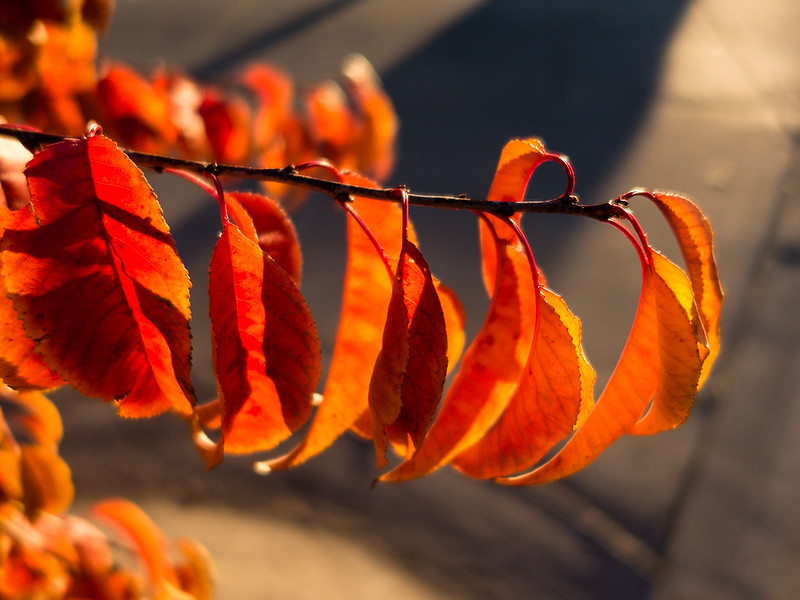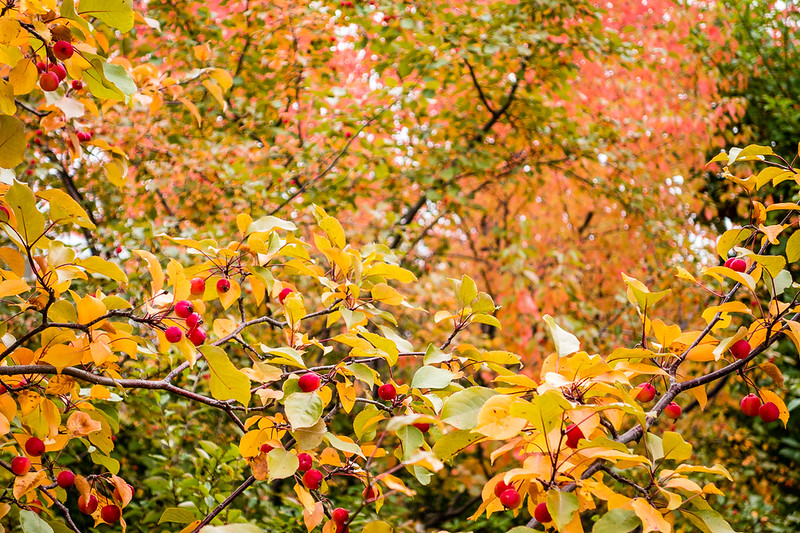 In 2001, the Town of Craik and the Rural Municipality of Craik began working in partnership to develop a long-term plan for a sustainable community-based project. This partnership, called the Craik Sustainable Living Project (CSLP) recognizes the need for tangible, local initiatives addressing climate change and rural community revitalization.
In 2001, the Town of Craik and the Rural Municipality of Craik began working in partnership to develop a long-term plan for a sustainable community-based project. This partnership, called the Craik Sustainable Living Project (CSLP) recognizes the need for tangible, local initiatives addressing climate change and rural community revitalization.The goals of the CSLP as updated in 2013 include:
- To raise awareness about sustainable living, climate change and healthy living;
- To inspire and enable sustainable change in other communities by example;
- To continue to build the profile of the community provincially, nationally and internationally; and
- To build upon the relationship between the CSLP and local people.
The Eco-Centre, completed in 2004, is a key component of the CSLP. It features innovative and energy-efficient building design; integrated heating, cooling and renewable energy systems; as well as renewable waste handling and water treatment systems.
Edible Gardens
 CSLP applied for a $500 EcoFriendly Action Grant in the spring of 2014 to update the landscape immediately in front of the Eco-Centre. Their goal was to create three “fruit tree guilds” based on recognized permaculture practices in order to:
CSLP applied for a $500 EcoFriendly Action Grant in the spring of 2014 to update the landscape immediately in front of the Eco-Centre. Their goal was to create three “fruit tree guilds” based on recognized permaculture practices in order to:- Demonstrate skills learned during last summer’s two-week permaculture design course held in the community;
- Demonstrate the value of a permaculture approach to landscaping – plant diversity and food production as an alternative to conventional landscaping; and
- Enhance the “curb appeal” of the Eco-Centre.
During September 2014, community volunteers completed the planting project as proposed at the Craik Eco-Centre.
In each of the three beds, they planted an apple tree (2 species represented), a haskap, a sour cherry, a cherry plum, 3 comfrey plants, and 3 chive plants. Other plants such as lupines will be planted in the spring of 2015.
The beds were watered well and heavily mulched. This permaculture-based “guild” arrangement is intended to demonstrate plant diversity, companion planting, and food production potential.
Report submitted by Glenn Hymers
for the CSLP steering committee
 Permaculture: Practical Solutions for Restoring Healthy Ecosystems
Permaculture: Practical Solutions for Restoring Healthy EcosystemsEdible Forest Gardens: A Perennial Agriculture Alternative
Using Natural Plant Communities to Guide Guild Design (questions to help you select plants)
10 Tips for Successful EcoFriendly Action Grant Applications















